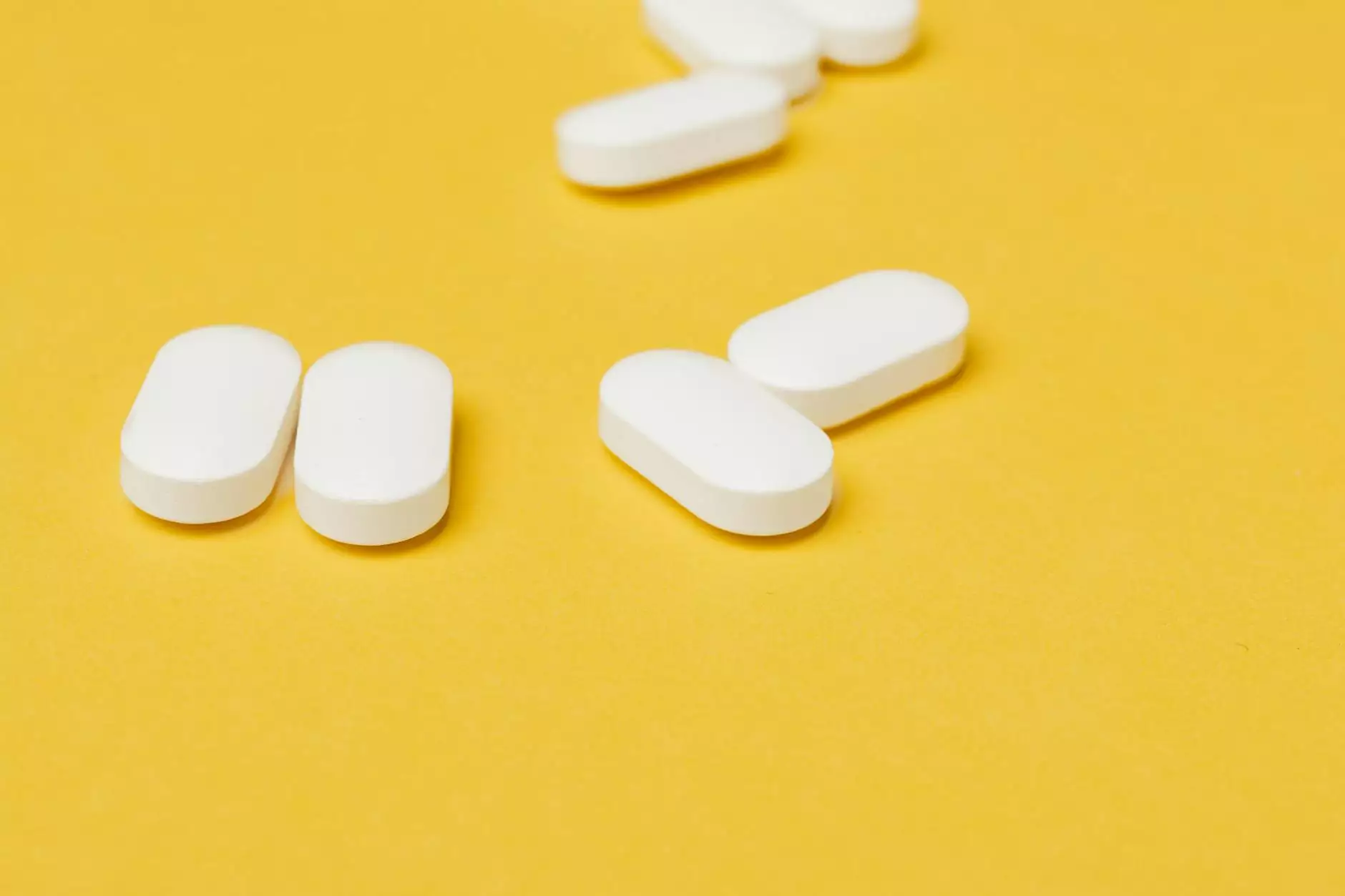Understanding Pharmacy and Addiction Medicine

In the evolving landscape of health and wellness, pharmacy and addiction medicine play pivotal roles in serving communities and addressing critical health challenges. This article delves deep into these interrelated fields, providing insights, resources, and guidance for individuals seeking to understand the complexities of medications and addiction treatment.
The Role of Pharmacy in Healthcare
Pharmacies are more than just places that dispense medications. They are essential components of the healthcare system, providing a variety of services that contribute to the overall well-being of patients. Here are some key functions of pharmacies:
- Dispensing Medications: Pharmacists are trained to provide patients with the correct medications, ensuring safety and efficacy.
- Patient Education: Pharmacists educate patients on how to properly use medications, potential side effects, and interactions with other drugs.
- Medication Management: Pharmacists assist in managing complex medication regimens, particularly for patients with chronic conditions.
- Health Screenings: Many pharmacies offer screenings for blood pressure, cholesterol, and other health indicators.
- Vaccinations: Pharmacies have increasingly become locations where patients can receive vaccines, such as flu shots and COVID-19 vaccinations.
Pharmacy Services and Innovations
Modern pharmacies are embracing technology and innovative practices to streamline their services. Some noteworthy advancements include:
Telepharmacy
Telepharmacy allows patients to consult with pharmacists remotely, increasing accessibility for those in rural or underserved areas. Through virtual consultations, patients can receive advice on medication management, adherence, and general health inquiries.
Medication Synchronization
Medication synchronization programs help patients manage their refills more effectively, ensuring they pick up all their prescriptions on the same day each month. This helps improve adherence to therapy and minimizes missed doses.
Introduction to Addiction Medicine
Addiction medicine is a specialized field that focuses on the diagnosis and treatment of addiction and substance use disorders. Understanding this area is crucial for both healthcare providers and patients. Key concepts include:
- Substance Use Disorders: Recognizing the signs and symptoms of addiction is the first step in addressing it. This includes both physical and psychological dependence on substances.
- Intervention Strategies: Effective treatment often begins with an intervention, where loved ones support the affected individual in seeking help.
- Types of Treatment: Treatment for addiction can include behavioral therapies, counseling, and medications designed to support recovery and manage withdrawal symptoms.
Pharmacological Treatments in Addiction Medicine
Medications play a significant role in the treatment of substance use disorders. The integration of pharmacotherapy can enhance the likelihood of successful recovery. Common medications include:
Alcohol Use Disorder
Medications such as acamprosate, naltrexone, and disulfiram are used to help manage cravings and support abstinence in individuals recovering from alcohol use disorder.
Opioid Use Disorder
For those struggling with opioid addiction, medications like methadone and buprenorphine are critical. These medications reduce withdrawal symptoms and cravings, allowing individuals to focus on recovery.
Nicotine Addiction
While not always viewed under addiction medicine, nicotine dependence is addressed with various cessation aids, including nicotine replacement therapies (patches, gum) and medications like varenicline.
The Importance of Integrated Care
Integrating pharmacy and addiction medicine enhances treatment outcomes for patients. Pharmacists are often on the front lines of healthcare, providing crucial interventions and support for individuals in recovery.
By collaborating with addiction specialists and healthcare providers, pharmacists can ensure that patients receive comprehensive care tailored to their needs. This multidisciplinary approach helps bridge gaps in treatment and fosters a supportive environment for recovery.
Resources for Patients and Families
For families and individuals affected by addiction, a wealth of resources available can facilitate recovery:
- Support Groups: Organizations like Alcoholics Anonymous (AA) and Narcotics Anonymous (NA) offer community support for individuals in recovery.
- Counseling Services: Licensed counselors and therapists specializing in addiction can provide essential guidance and strategies for successful recovery.
- Online Resources: Websites like https://alprazolam-xanax.com offer valuable information and guidance in addiction medicine and pharmacy.
The Future of Pharmacy and Addiction Medicine
As our society continues to grapple with the challenges of addiction, the roles of pharmacy and addiction medicine will only expand. Advancements in research and treatment methodologies will enhance our understanding of addiction and improve interventions.
Pharmacists, as accessible healthcare providers, are uniquely positioned to play a vital role in this evolution, offering crucial support and newly developed therapeutic options.
Conclusion
Both pharmacy and addiction medicine are integral to promoting health and recovery in our communities. As our understanding of medications and addiction evolves, so too will the practices that support individuals on their journey toward healing. For more information and resources, feel free to visit https://alprazolam-xanax.com.









